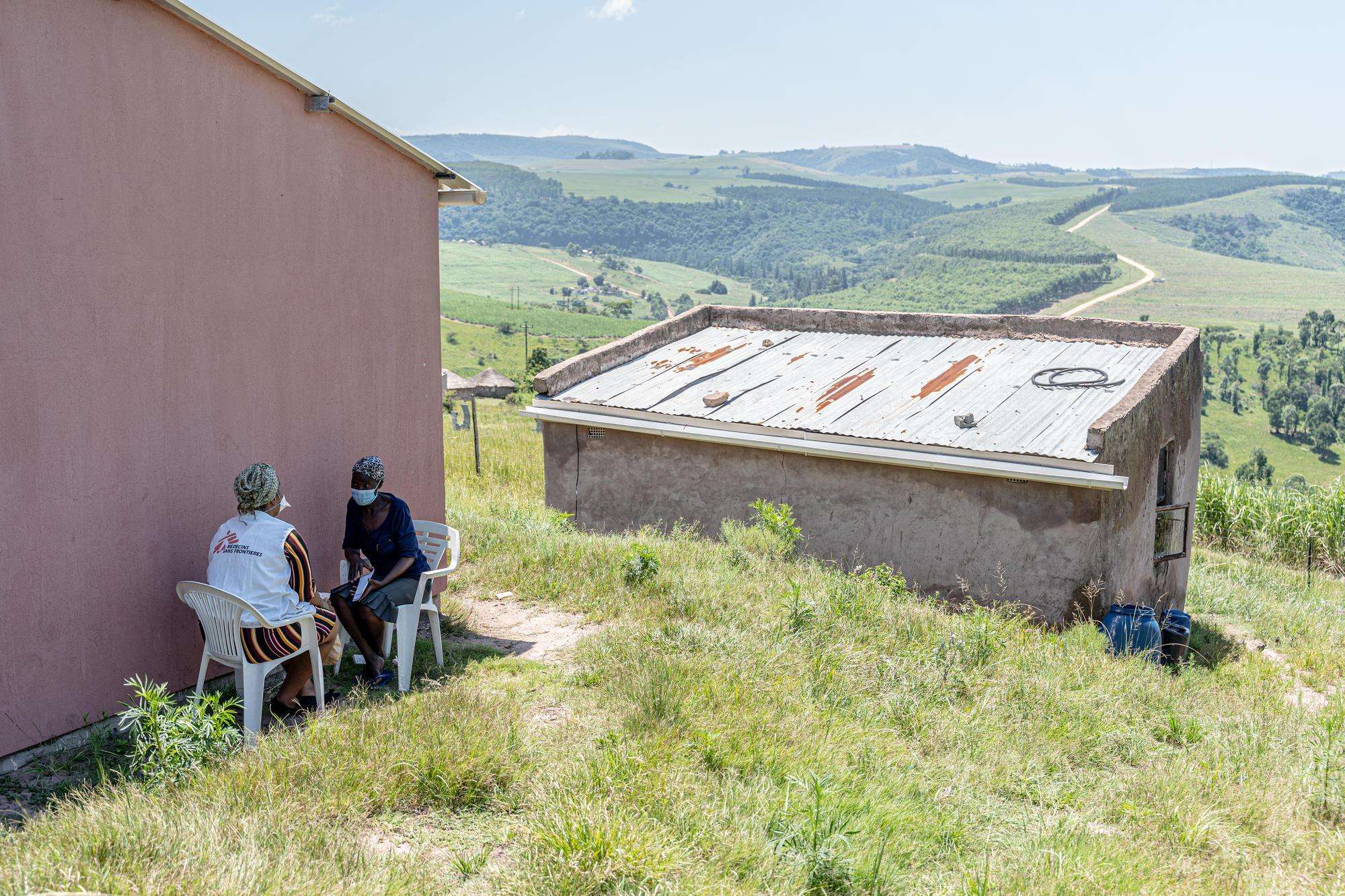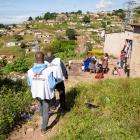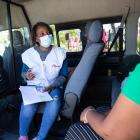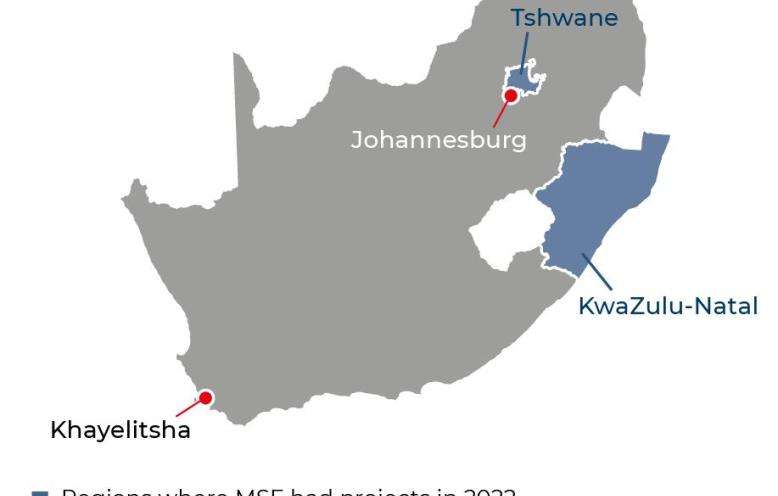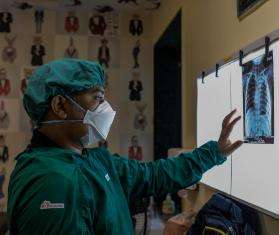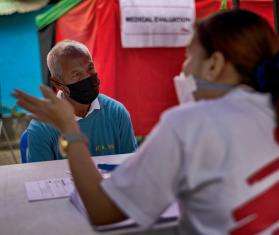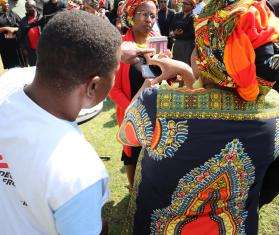In the city of Tshwane, where we run a migrant health project, our teams supported outreach health care services for marginalized people, such as those without documentation and drug users, including referrals to health facilities.
After 22 years, our teams working on HIV/AIDS and drug-resistant TB (DR-TB) in Khayelitsha handed all remaining activities over to authorities in September 2022. We launched the project in a context of HIV/AIDS denialism at the highest levels of government, starting by working to improve methods to prevent mother-to-child transmission of the disease, and were soon allowed to expand our involvement to HIV treatment for people of all ages, as well as operational research. One of the project’s standout achievements was the integration of HIV and TB services in clinics. It also contributed to the improvement of DR-TB treatment and care by demonstrating that it is possible to substitute toxic injectable antibiotics with newer and more effective oral drugs.
Our project in Eshowe offered preventive treatment for TB—a medicine that reduces the risk that TB infection will progress to TB disease—through community health posts that we previously set up, adding to the existing TB, HIV, and non-communicable diseases services that are already available at these conveniently located sites.
